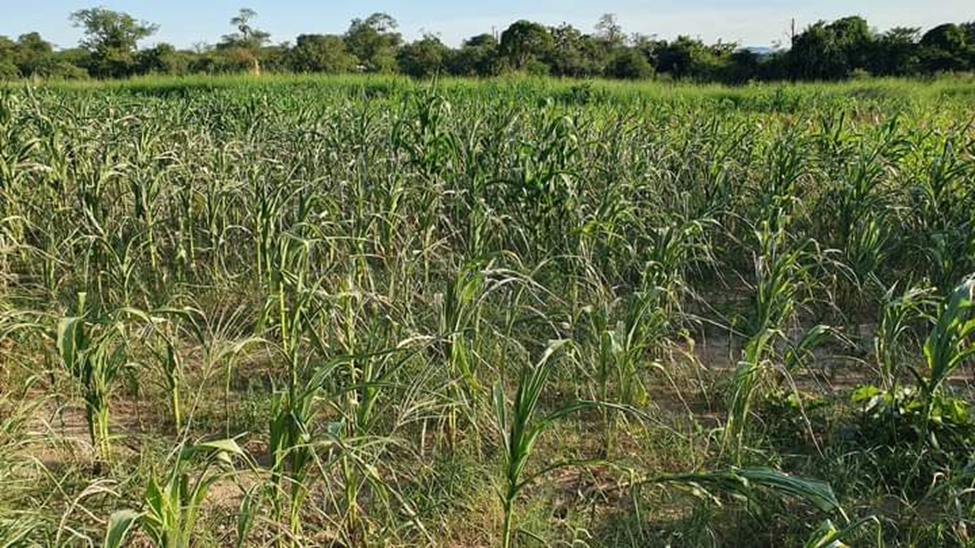By Raphael Banda
(Journalism Trainer/Journalist
bandaraphael55@gmail)
Journalists and other stakeholders
need to increase climate change awareness to preserve food security and
biodiversity loss globally.
In
the recent past most parts of the world have witnessed high temperatures,
prolonged dry spells and flashfloods, with Zambia not being exception. This is threatening
national food security, causing immense damage to infrastructure and impacting
economic activities.
A
week ago , the European Union (EU) Climate Change Service disclosed that for
the first time, global warming has exceeded 1.5C across an entire year. The situation
calls for increased public sensitization, awareness and doubling of efforts to
cut down greenhouse gas emissions to slow down the unfolding climate crisis. It
is also crucial that African countries highly impacted by climate change begin
to access the loss and damage fund to address their peculiar areas of concern.
Zambia
and other developing countries need
cushion to deal and recover from the resultant impact of the El Nino climate
pattern which has brought high temperatures, drought, floods, loss of food
crops, reduced hydro power generation capacities, escalation in disease out
breaks, damage to infrastructure, reduced economic growth etc.
The
EU Climate Service has indicated that global temperatures during the period
from February 2023 to January 2024 reached 1.52C of warming Influenced by the
El Nino weather partner. Limiting global temperature rise to below 1.5C as per
the 2015 Paris agreement is crucial to curtail the most damaging impacts of
climate change as seen through floods, droughts, heat waves, wildfires,
tropical storms etc.
It is now widely agreed that human activities primarily burning fossil fuels which release planet warming gases like carbon dioxide are behind the rise in global temperatures with scientists stressing that despite this first year-long breach not breaking the 2015 landmark Paris agreement, it does bring the world closer to doing so in the long-term.
Several
farmers in Zambia are having their crop fields drying up due to the pro-longed
dry spell which the country is experiencing. But this calls for concerted
efforts in fighting the hash effects of climate change on the Agriculture, Health,
and Infrastructure sectors.
Ends//


Sad reality.
ReplyDelete